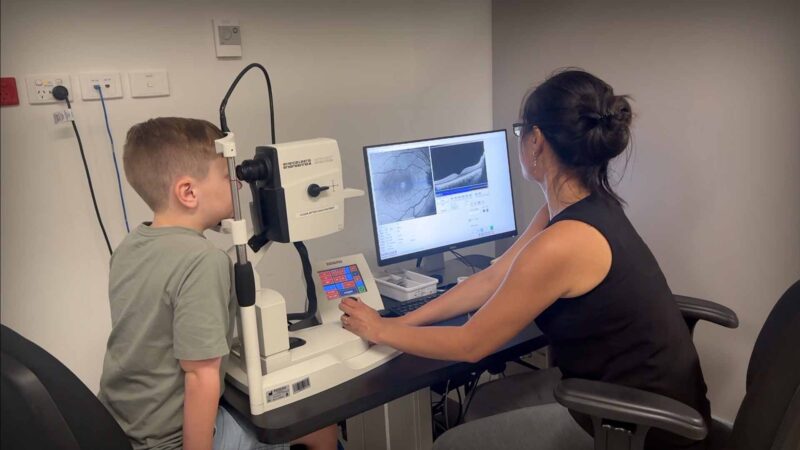CAUSAL GENES AND PATHOGENIC MECHANISMS UNDERLYING GASTROINTESTINAL DISEASES
Professor Mauro D’Amato
Professor of Medical Genetics, Department of Medicine and Surgery,
LUM University in Casamassima, Italy &
Ikerbasque Research Professor and Head of the Gastrointestinal Genetics Lab
CIC bioGUNE, Derio, Spain
RESEARCHER PROFILE
Filmed online | January 2025
Mauro D’Amato is Professor of Medical Genetics at the Department of Medicine and Surgery at LUM University in Casamassima – Italy, and Ikerbasque Research Professor and Head of the Gastrointestinal Genetics Lab in CIC bioGUNE, Derio – Spain. His career has developed through an important international trajectory, holding research and academic positions at several institutions including the Wellcome Trust Center for Human Genetics in Oxford – UK, the Karolinska Institutet in Stockholm – Sweden, Biodonostia HRI in San Sebastian – Spain and Monash University in Melbourne – Australia.
Professor D’Amato has more than 25 years research experience in the field of human genetics and complex diseases, with activities most recently geared towards a translational application for therapeutic precision in gastroenterology. His team, the Gastrointestinal Genetics Laboratory, combine leading expertise in genomic, computational and pre-clinical research, and have contributed important breakthroughs linking specific genes and pathogenetic mechanisms to a number of gastrointestinal diseases like inflammatory bowel disease (IBD), microscopic colitis (MC) and irritable bowel syndrome (IBS).
He is also the coordinator of the bellygenes initiative on the genetics of IBS, and biobank-scale research from his lab contributes to multiple scientific consortia and collaborative networks studying the genetic makeup of millions of people across EU, USA and Australasia.
Professor D’Amato has an H-index of 74, has edited 2 books and published extensively in the field of human genetics and gastrointestinal disease; he provides expert feedback to international journals and research funding agencies, and has supervised more than 40 PhD students and postdocs.
You Might also like
-
Exercise program for the prevention of osteoporotic fracture
Dr Beck is an international leader in the effects of mechanical loading on bone health. Dr Beck graduated from The University of Queensland (BHMS[Ed]) and the University of Oregon (MSc and PhD) and completed a postdoctoral research fellowship in the Stanford University School of Medicine (California, USA.) She is a Professor of Exercise Science at Griffith University Gold Coast campus, where she has led the Bone Densitometry Research Laboratory since 2004.
-
In his father’s footsteps as a kidney transplant specialist
Since he was a young child, Dr Collins, has been interested in kidney failure and kidney transplants in particular. His father was also a kidney specialist, and he used to sit by the phone when his father, was on call and ringing people who were being offered a kidney transplant. The joy in their voices through this interaction created a lasting and profound impact on Dr Collins. This carried through his career and today he continues to seek better outcomes for Kidney patients.
-
Genetics of the choroid and impact on eye health
Dr Samantha Lee is a Senior Research Fellow at Lions Eye Institute and the University of Western Australia. Dr Lee obtained her PhD in 2017 and the Queensland University of Technology and has since been working on the genetics and environmental causes of various eye diseases, with a focus on glaucoma and myopia. She has published 57 full-length scientific papers and her work has been cited over 1,000 times. She serves on the Editorial Board for the journal BMC Ophthalmology and Scientific Reports, and on the Research Advisory Committee for the Ophthalmic Research Institute of Australia.

 https://orcid.org/0000-0003-2743-5197
https://orcid.org/0000-0003-2743-5197


